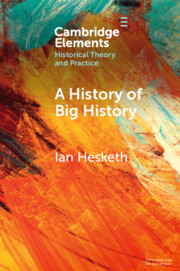This essay examines the working relationship between Charles Darwin and the Edinburgh gardener John Scott that developed in the wake of the publishing of the Origin of Species (1859). As the essay shows, Darwin sought to utilize Scott’s horticultural knowledge and experimental expertise in order to provide some of the specialized botanical evidence that the Origin was not intended to provide. Scott, meanwhile, sought to use Darwin’s patronage and tutelage in order to overcome his modest status as a gardener while making contributions to scientific knowledge. And for an intense two-year period (1862–4), Darwin and Scott’s relationship was productive and mutually beneficial: not only did Scott’s work supplement Darwin’s ongoing botanical research on sexual development and fertility, but also his Primula experiments appeared to provide ‘physiological’ evidence of speciation via selective breeding. What the essay argues, however, is that there were limits to what Scott was able to achieve due in part to his social standing and perceived character that ultimately cast a shadow over his findings.

